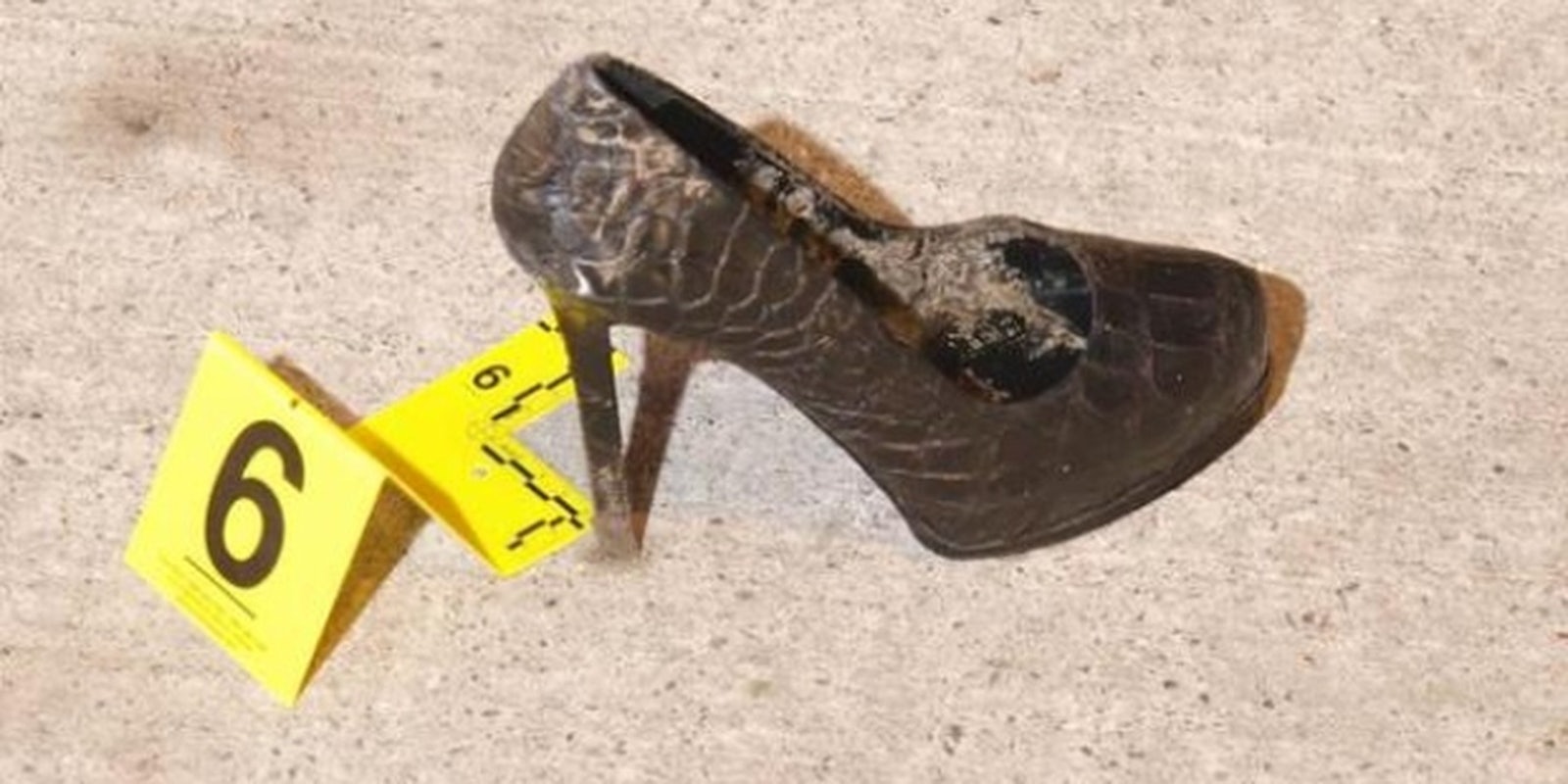The first season of true crime podcast Serial wrapped up this week, leaving its audience frustrated. With months to wait until the new season began, how would they pass the time? One solution: fill that Serial-shaped void with another real-life murder-mystery.
A Toronto detective is hoping to capitalize on the post-Serial enthusiasm for solving crimes to get answers in a homicide case that has remained open for almost four years. By releasing “clues” on Twitter, he’s engaging the world—including the many listeners of Serial—in the hunt for justice.
Toronto Detective Tam Bui hopes that he can drum up interest in the unsolved homicide of Mike Pimentel by relying on the tactics of Serial, which won a worldwide following with its exhaustive investigation into the murder of Hae Min Lee, a Baltimore teenager who died in 1999. Pimentel was stabbed to death on New Years Eve, 2011, after getting into an argument with an unknown man and woman. With the blessing of Toronto police, Detective Bui is tweeting scraps of information about the case.
#mikepimentelmurder~this Sat we will release a new clue #helpussolve clue1=who was this girl? #TrueDetective pic.twitter.com/coNVLJ45mg
— Tam Bui (@DetBuiHomicide) December 11, 2014
#mikepimentelmurder~Who dropped these size 38 shoes, keys and hair extension on NY2012, What brand/make are they? pic.twitter.com/STlkJPIksK
— Tam Bui (@DetBuiHomicide) December 13, 2014
Each Saturday, Bui releases a new clue. So far, he’s posted photos of various objects found near the crime scene and a blurry photo of a woman who may be linked to the homicide.
Another Toronto detective told CBC News that Bui’s tweets have already inspired “a ton of positive response,” but the project also has its detractors. For one thing, the Toronto police are using their social media followers as unpaid labor.
By the end of Serial‘s first season, a handful of listeners had essentially turned Hae Min Lee’s murder case into a hobby, searching for new clues and obsessively discussing theories on Reddit. While Bui’s tweets have led to only relatively superficial progress (amateur sleuths have now identified the brand of shoes left at the crime scene), this increased interest in Pimentel’s death could be a mixed blessing.
Notes, notes and more notes. Homicide knows notes #TrueDetectives #thefirst48 Stay tuned for our next clue Saturday. pic.twitter.com/MOdIJlTwev
— Tam Bui (@DetBuiHomicide) December 18, 2014
Social media can be a useful tool in a criminal investigation, but it’s easy to see why some people find this strategy unsettling. Serial‘s cult following grew more controversial as the podcast continued, inspiring the criticism that audiences were treating a real girl’s murder like TV crime drama. But as Serial‘s fans pointed out, the podcast’s popularity was mostly due the gripping nature of the investigation, and the people who actually attempted to participate were in the minority.
Either way, there are differences between Serial and a police officer trying to close an unsolved homicide on Twitter.
Is it unethical for the police to capitalize on what can only be described as true-crime fandom? Or is it merely a little distasteful? There’s arguably little difference between what Detective Bui is doing and the age-old practice of police sending out public requests for information on an open case. For the families of murder victims whose cases remain unsolved, this kind of public campaign could be their only hope of closure.
Photo via DetBuiHomicide/Twitter


